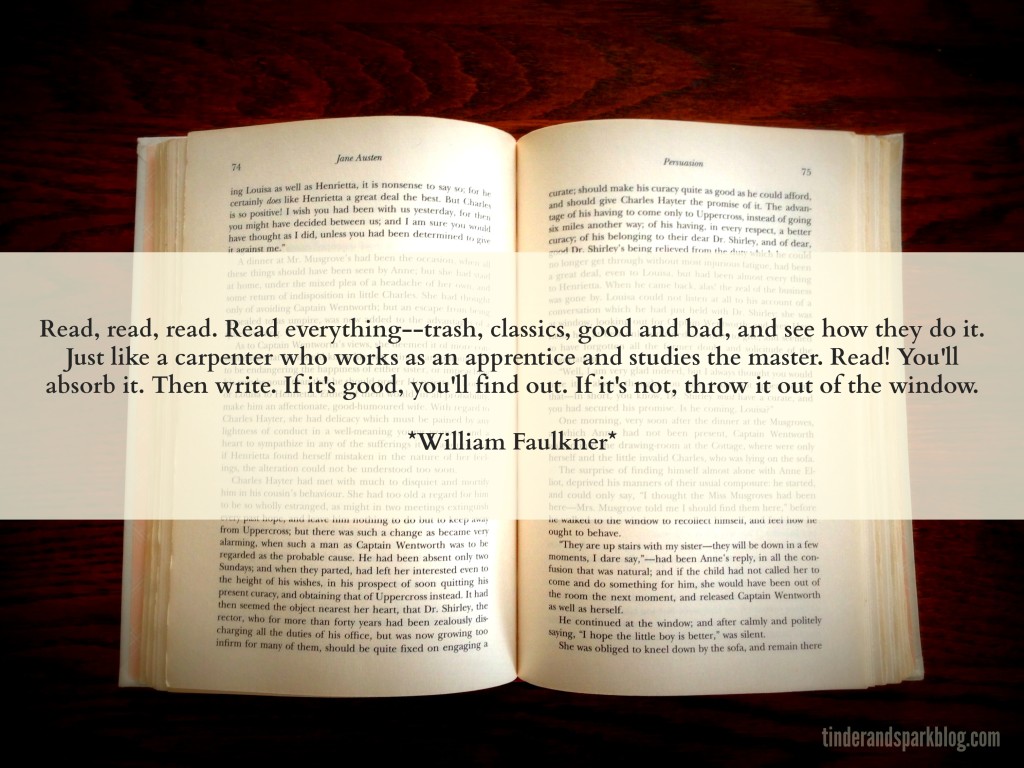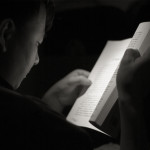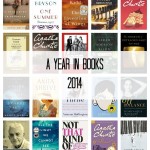A friend once told me she has the 20-page rule. That is, if she doesn’t like a book after the first twenty pages, she stops reading it and chooses another book instead. She said that “life is too short to read bad books.” I can see her point, particularly if you read books solely to be entertained. There’s nothing wrong with that, by the way. Books are many things to many people. For some, a book is an escape, a comfort. For others, a book is like a glass of wine at the end of a hard day. Or maybe it’s a way to connect with other people. In any of those cases, you’d be right to be selective about what you read. If you’re a writer though, bad books are not a waste of time. (And as you can see, Faulkner has my back on this one.)
I’ve read a lot of bad books. To me anyway. I know “good” and “bad” aren’t helpful descriptors when it comes to books. Just this year I read a book I loathed. Sitting down to read it was like forcing medicine down my throat, but I kept slogging through. There are two genres I generally avoid: chick-lit and anything that promises to be a “dystopian tale.” This story fell into the former category. I read a review of the book in a magazine and it was highly rated on Goodreads. (After I read the book, I realized the Goodreads reviewers were likely diehard fans of this particular author.) I made myself finish the book. Partly because I wanted to give the author and the story a chance. But I also wanted to make myself understand why I didn’t like it. The book was a waste of time only if I didn’t learn something from it. Instead of rolling my eyes every other page, I started to ask myself questions about my reactions. I stopped letting “I just don’t like it” be a valid answer.
This approach actually worked. Reading a “bad” book made me a better writer because I took the time to examine the author’s tools and methods. Writers are readers, but they are also more than that. Writers are students of the written word or as Faulkner described “apprentices.” I sighed with relief when I closed the book at last. I still didn’t like it, but at least I knew why.




